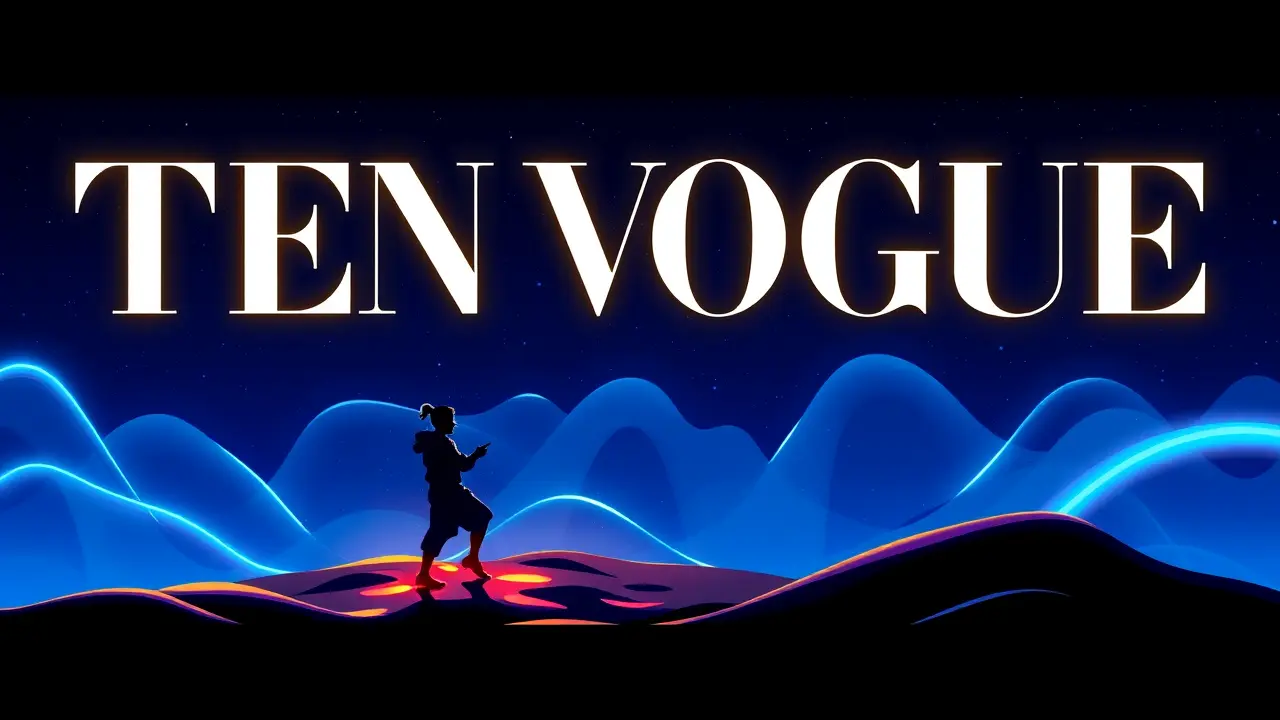
Politicsprotests & movements
Internet Mourns Teen Vogue's End After Layoffs.
AN
Anna Wright
3 hours ago7 min read2 comments
The announcement on November 3rd that Condé Nast would be folding Teen Vogue into its parent publication, Vogue. com, sent a palpable tremor through the digital landscape, a tremor that quickly morphed into a collective, grieving outcry.This was not merely the corporate restructuring of a magazine; it felt, to its devoted readership and the journalists who gave it life, like the silencing of a vital, progressive voice at a moment when such voices are being systematically marginalized. The news, delivered via a post on Vogue’s own business vertical and framed as a strategic move to create a 'more unified reader experience' and expand the 'Vogue ecosystem,' was immediately met with stark contradiction from the Condé United union.They decried the move as a blatant effort to blunt the magazine's 'award-winning journalism,' a chilling accusation that gained immediate, painful substance with the simultaneous layoffs of six staffers, a majority of whom were reportedly BIPOC and trans employees, including the Politics Editor. This strategic disembowelment, which insiders confirm has left Teen Vogue with no dedicated politics writers or editors, is a devastating blow to a publication that had courageously reinvented itself from a purveyor of lip gloss tips into a formidable force for social justice, earning the Roosevelt Institute’s Freedom of Speech Medal in 2025 for its unflinching coverage.The corporate statement citing 'ongoing challenges around scale and audience reach' rings hollow against the testimony of its former architects, like Allegra Kirkland, who served as politics director until June 2025. In a searing blog for TPM, Kirkland articulated what the internet was instinctively feeling: that Teen Vogue was a rare platform that allowed young people, particularly young women and LGBTQ+ youth, to speak for themselves, placing them 'on the frontlines of the fight against Trumpism' and providing crucial, accessible reporting on everything from gender-affirming care to organizing safely under an authoritarian administration.The personal grief is acute and public. Aiyana Ishmael, the former style editor, shared on Bluesky the painful revelation that she has been laid off and, with her departure, there are now no Black women left at Teen Vogue, a stark data point that underscores the human cost of this corporate decision.Her colleague, the recently laid-off politics editor Lex McMenamin, confirmed the evisceration of their department, a move that feels intentionally targeted. On social media platforms from X to TikTok, the elegy is universal: this was a publication that took young people seriously, a profound rarity in a media landscape that often condescends to them as 'woke scolds' or 'TikTok addicts.' The Roosevelt Institute’s statement cut to the core, labeling the absorption 'evidence that corporate concentration eliminates innovative ideas and silences voices with less power. ' In the end, this is more than the end of a magazine; it is a case study in the quiet, bureaucratic violence of consolidation, a silencing of marginalized perspectives under the guise of synergy, and a profound loss for a generation of readers who learned to think critically within its digital pages. As McMenamin organizes a GoFundMe for their suddenly former colleagues, the question lingers: in an era of escalating book bans and attacks on DEI, who will now provide that counter-narrative, who will hand the microphone to the very voices being told to be quiet?.
#featured
#Teen Vogue
#Condé Nast
#layoffs
#BIPOC
#trans staff
#media consolidation
#youth journalism
#internet reaction
Stay Informed. Act Smarter.
Get weekly highlights, major headlines, and expert insights — then put your knowledge to work in our live prediction markets.
© 2025 Outpoll Service LTD. All rights reserved.